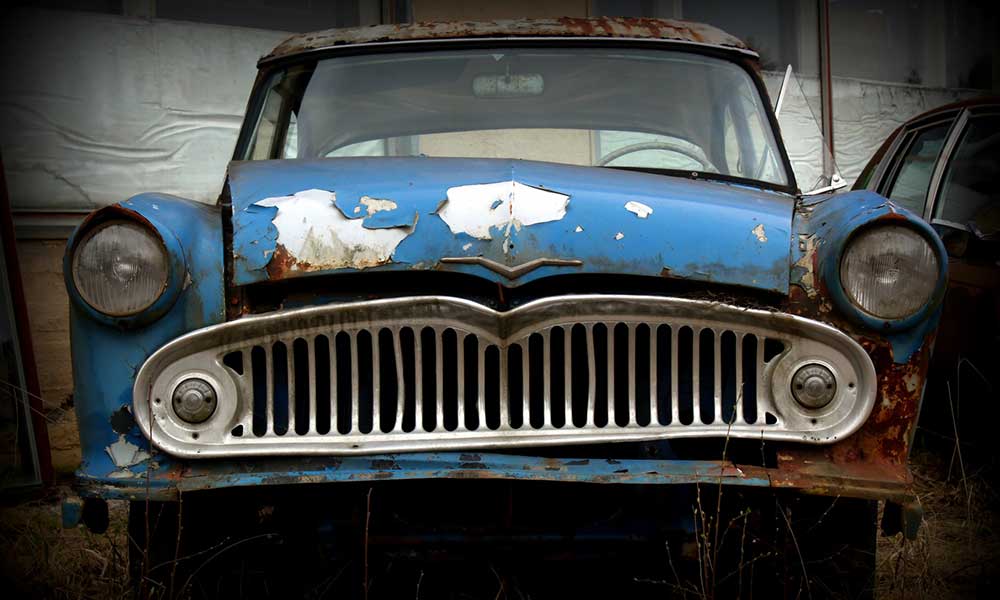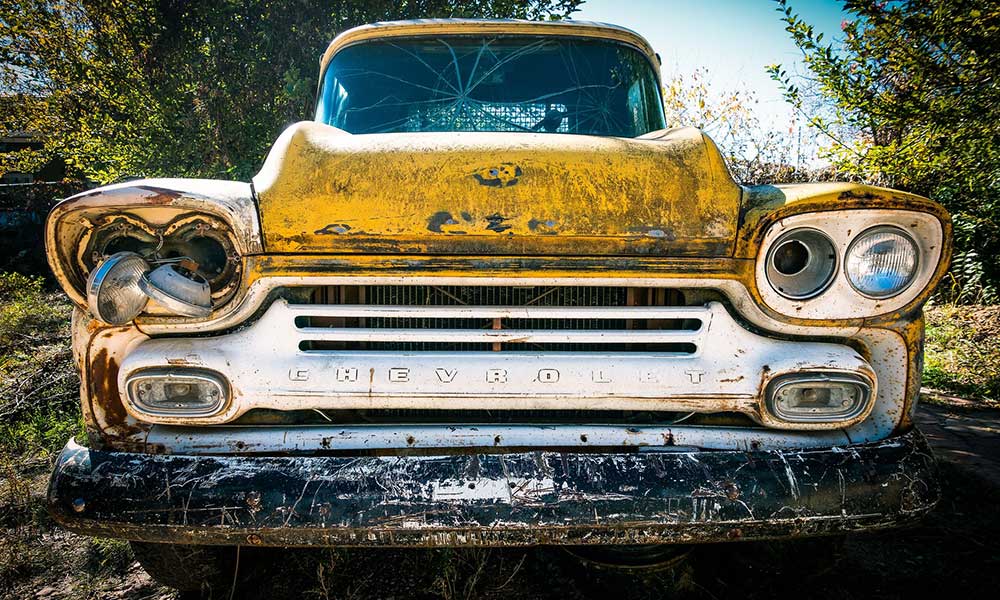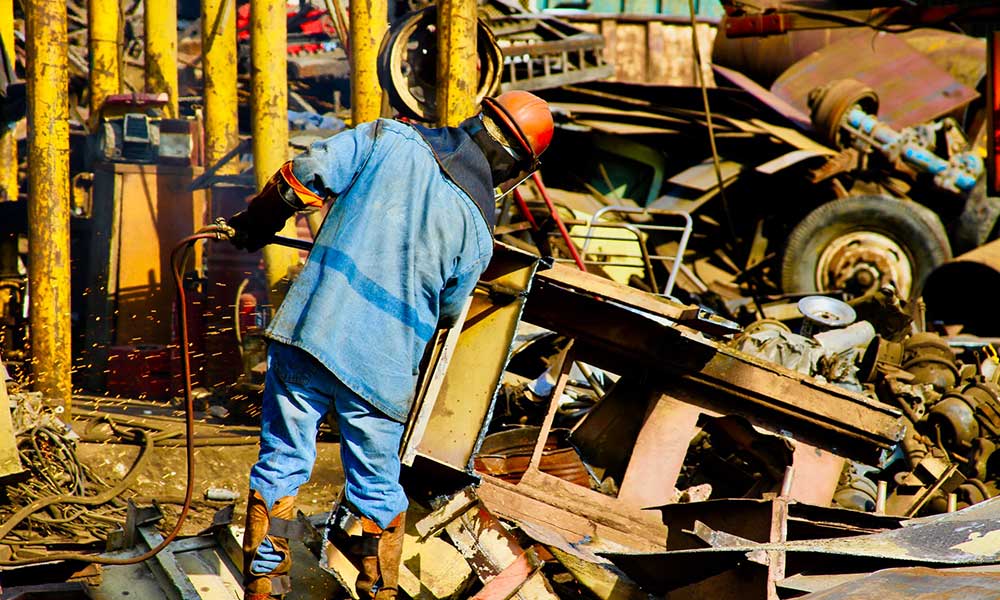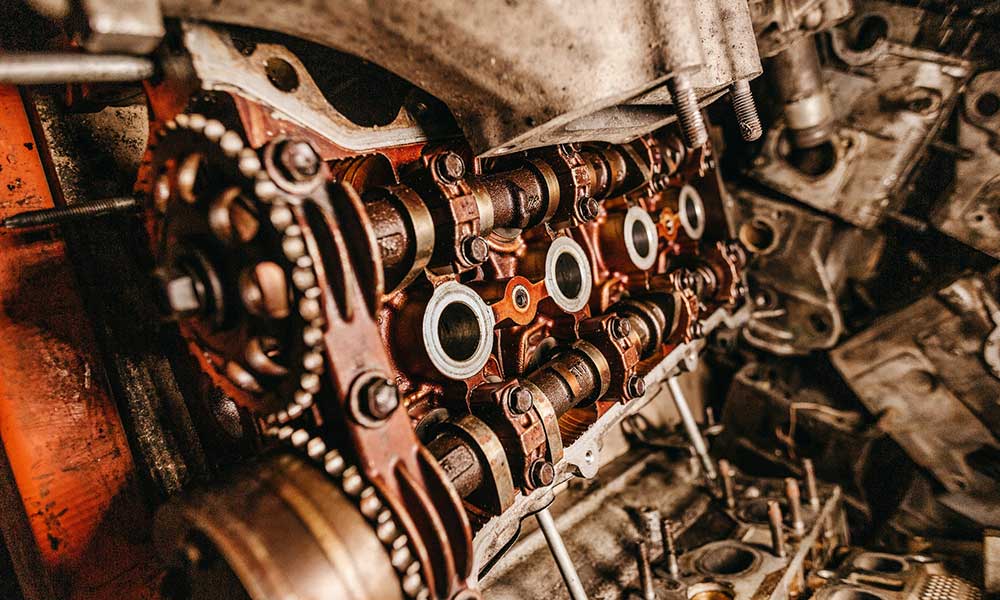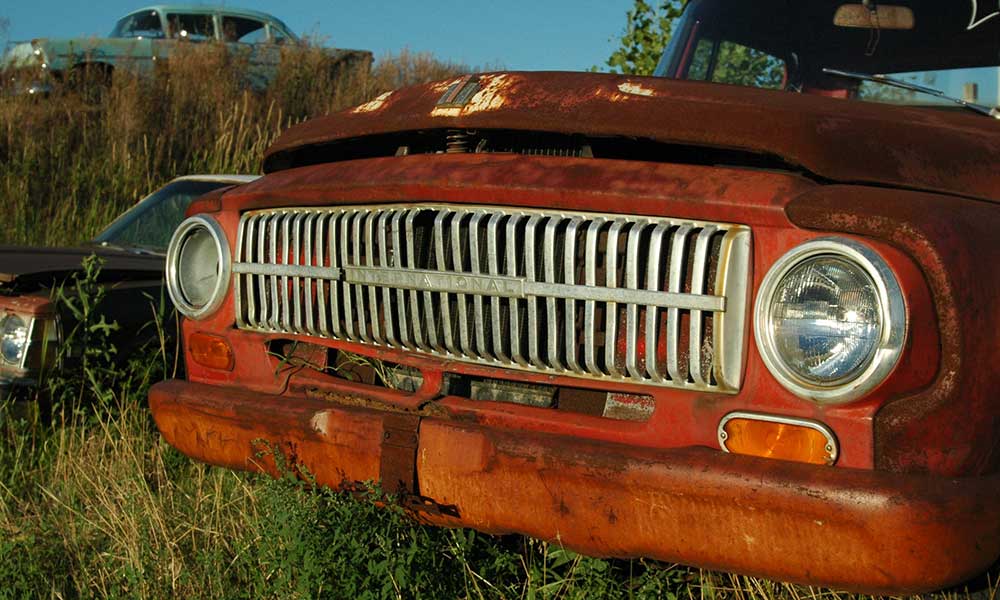Have you ever been interested in purchasing a used car? If so, chances are high that you’ve come across a vehicle with a low mileage and great appearance, priced significantly lower than its market value. This may be because it’s a revived salvage vehicle.
While it may seem like a good deal on a used car, salvage vehicles have underlying issues you ought to know about. Before deciding to purchase, it’s important to consider the car’s history, despite its relatively lower cost.
What is a salvage title, how do you identify one, and what are the benefits of investing in one? We explore all that in this comprehensive blog post. Read on!
Salvage Title Vehicles
A salvage title vehicle is one that has been declared a total loss by an insurance company due to damage from an accident, flood, or fire damage. The vehicle is deemed too expensive to repair and worth less than its pre-damage value.
The insurance company usually takes possession of such a vehicle and sells it to a salvage yard or auction it off to the highest bidder.
When a vehicle is given a salvage title, you can’t legally drive or register it as a normal car. However, you can still purchase salvage title cars to fix them and either keep or resell them.
If a salvage title car is repaired and passes a safety inspection, it may be eligible for a rebuilt title, which allows it to be driven on the road and registered as a normal car.
However, you should know that purchasing a salvage title car has more risks than benefits. Since the vehicle has been severely damaged, it may have structural or mechanical issues that are not immediately apparent.
Additionally, it may be difficult to obtain financing for a salvage title car, and the resale value of these cars is usually lower. It’s important to thoroughly inspect a salvage title car before purchasing and have a trusted mechanic look it over to ensure it is safe to drive.
How To Determine if You Have a Salvage Title
If you’re considering purchasing a used car, it’s important to know if the vehicle has a salvage title, as this can affect the car’s value and safety. Here are ways to determine if a car has a salvage title:
- Check the title: The most obvious way to tell if a car has a salvage title is to check it. In most states, the word “salvage” or “rebuilt” will be marked on the title if the car has been declared a total loss.
- Check the vehicle history report: A vehicle history report will provide information on the car’s previous owners, accidents, and other incidents. It will also indicate if the car has a salvage title.
- Inspect the car: If a car has been in a serious accident, there may be visible damage to the body or frame. An experienced mechanic can also check for hidden damage that may have been caused by accident.
- Research online: Before buying a used car, it’s a good idea to research the make and model online to see if there have been any reported incidents of the car being salvaged.
What Steps Should You Take Before Buying a Salvage Car Title
There are a few steps to take before investing in a salvage car. These include:
· Research The Vehicle’s History
Before purchasing a vehicle with a salvage title, it is important to research the vehicle’s history to understand the extent of any damage it may have sustained. This can be done by obtaining a vehicle history report, which will provide information about previous accidents, original repair estimates, and other relevant details.
· Conduct a Thorough Safety Inspection
Inspecting the vehicle thoroughly to ensure that all repairs have been made correctly and that the vehicle is in good working condition. This includes inspecting the body for any damage, checking for rust or other signs of corrosion, and test-driving the vehicle to ensure it runs smoothly.
It is also a good idea to have a professional mechanic inspect the vehicle to ensure there are no hidden issues that may cause problems in the future. Remember, the seller is also legally obligated to disclose any information they have regarding the vehicle’s history and title.
· Understand The Potential Risks
Salvage vehicles may come with potential risks and limitations. For example, the vehicle may not be able to pass a state inspection or be registered in some states. It may also be difficult to obtain insurance for a salvage vehicle or be more expensive.
· Consider The Price
Salvage vehicles are usually sold at a lower price than their non-salvaged counterparts. However, it is important to consider the cost of any repairs or additional costs that may be associated with a salvage vehicle before making a purchase.
· Be Aware of The Legal Requirements
Before investing in a vehicle with a salvage title, it is important to be aware of any legal requirements in your state regarding registering and insuring salvage vehicles. These requirements vary from state to state, so check with your local Department of Motor Vehicles for more information.
Regarding salvage car titles, there are other key conditions to keep in mind.
First, it’s important to understand what role National Insurance Crime Bureau (NICB) will play in ensuring you get the best deal out of salvage vehicles. This organization is a non-profit that works to combat insurance fraud and vehicle theft.
They also maintain a database of vehicles with salvage titles, which can be a valuable resource for consumers. Before you buy a used car, it’s a good idea to check the NICB’s database to see if the vehicle has a salvage title.
Another important aspect to consider is the state lemon laws. These laws vary from state to state, but they generally protect consumers who purchase a vehicle that turns out to have serious defects. If a salvage-titled vehicle is found to have a defect that makes it unsafe to drive, it may fall under the protection of the state’s lemon law.
The Department of Motor Vehicles (DMV) also has a key role in ensuring that transferring a salvage title to a new owner is as seamless as possible. Buying a salvage title car can be more complicated than buying a clean title. The DMV will typically require an inspection to ensure the vehicle is roadworthy before issuing a new title.
Salvage titles don’t necessarily mean a vehicle is unsafe to drive. However, it does mean that the vehicle has been in a severe accident or otherwise damaged. If you are considering purchasing a vehicle with a salvage title, it’s important to inspect the vehicle and review the vehicle history report thoroughly.
It must pass the inspection to guarantee that the vehicle is safe to drive and that any repairs are done properly.
Final Thoughts
Overall, buying a salvage title car can be a great way to save money on your next vehicle purchase. With the cost savings and the ability to customize the car to your liking, salvage cars can be a great option for those on a budget. But it’s important to thoroughly inspect the car before buying and factor in the cost of repairs.

